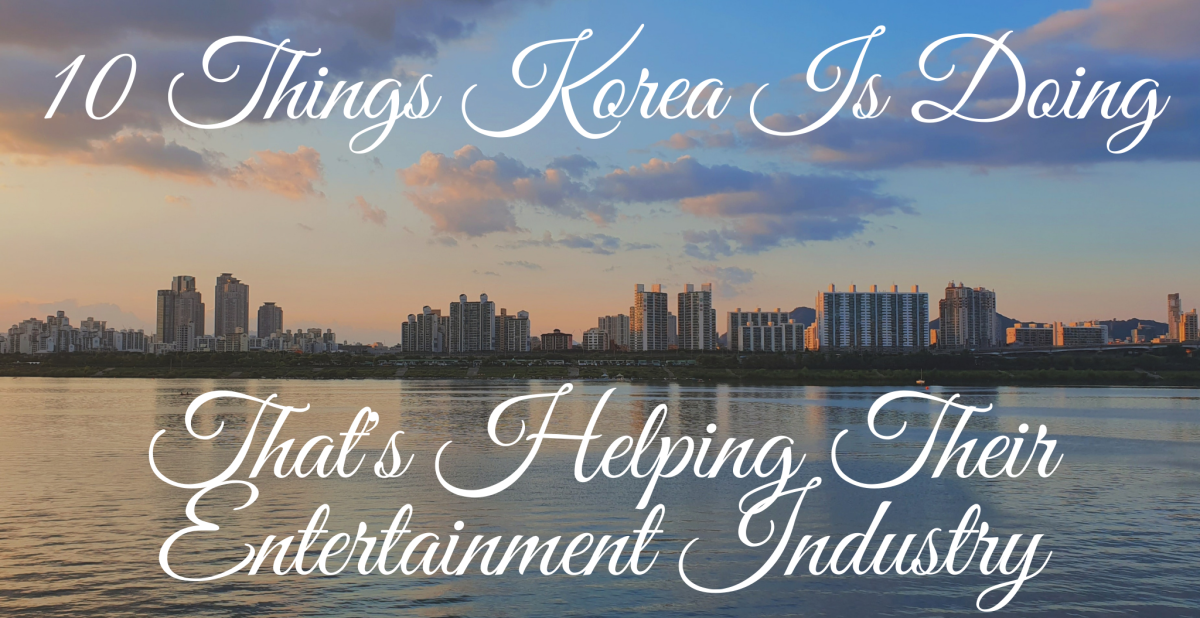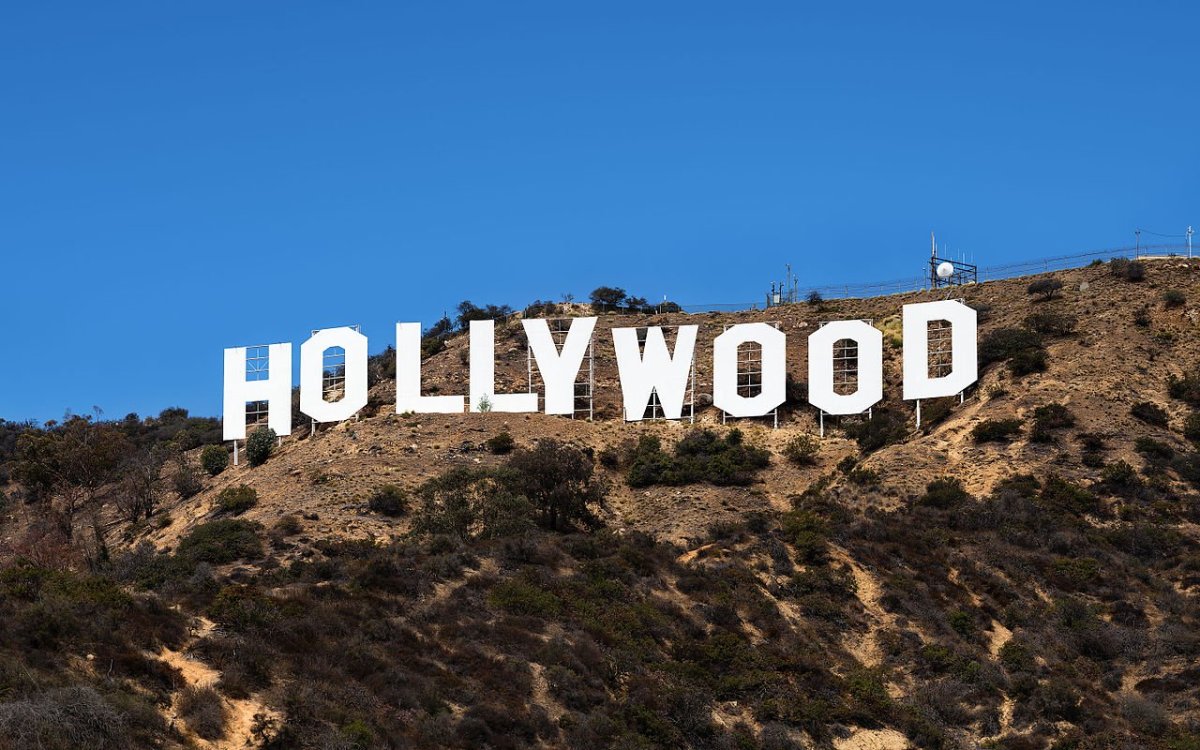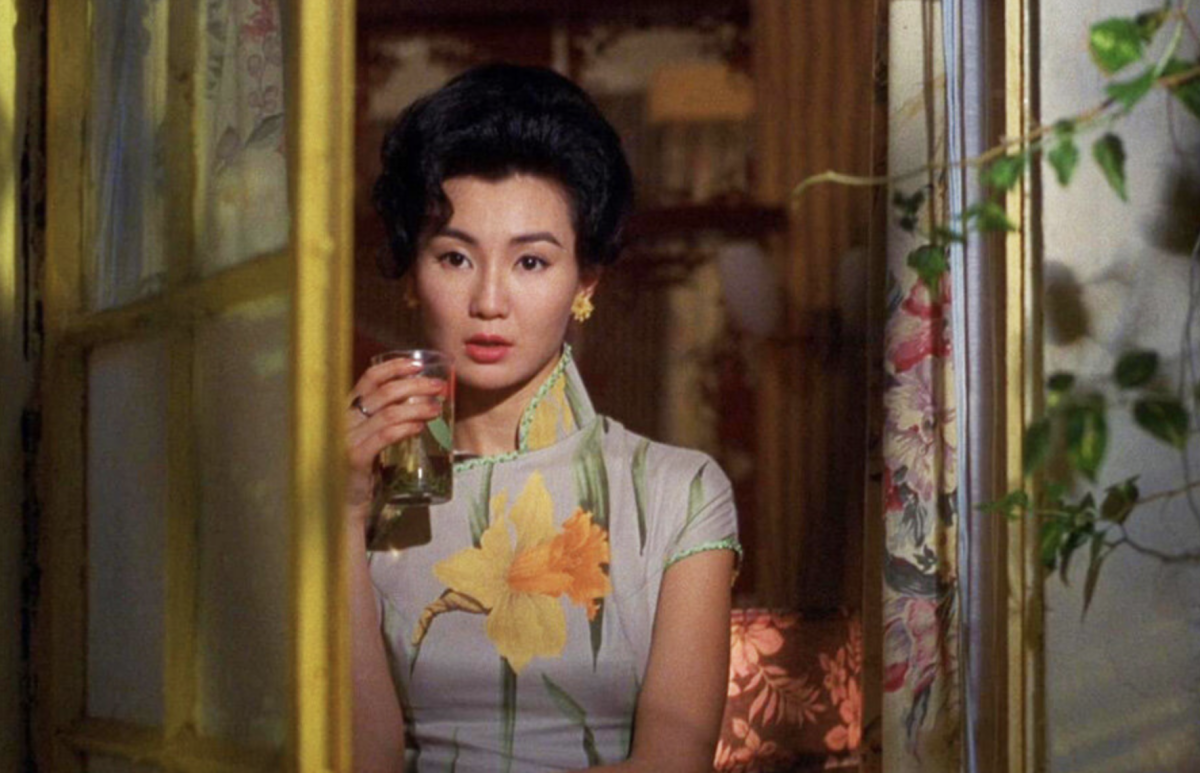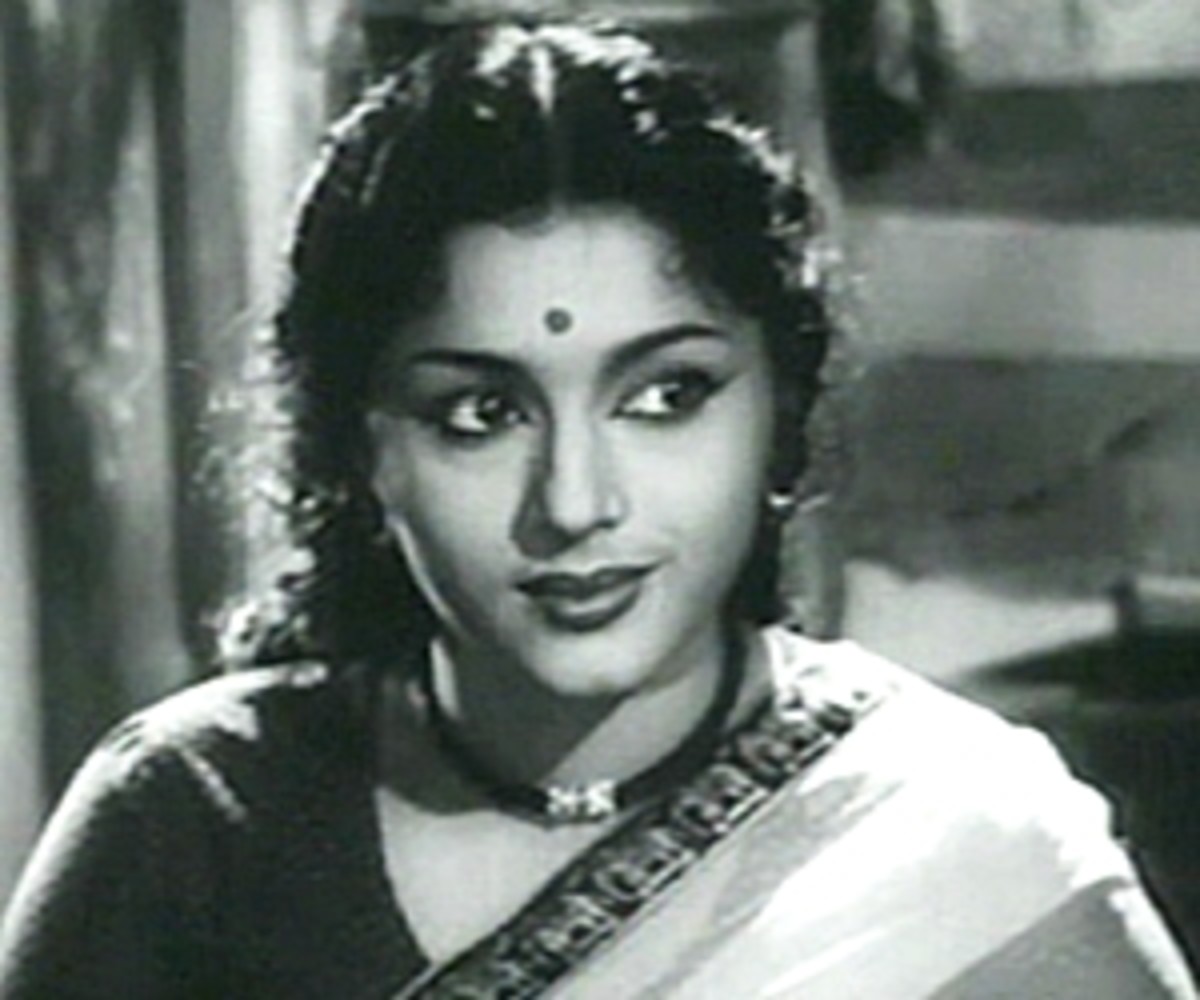Nollywood: Beginnings, Counterfeiters, Characteristics, Themes and Next Steps

The beginning of Nollywood was not one that was intentionally planned. In 1992, a Nigerian trader named Kenneth Nnebue, was selling blank video cassettes tapes and decided that he should put something on the tapes to increase sales. So he shot a short film called “Living in Bondage.” That film would sell more than 750,000 copies. That initial, giant leap made Nollywood the youngest film industry in the world.
The Beginnings of Nollywood
The Nollywood film industry has been a remarkable development in spite of everything that has been facing their own country of Nigeria. Nollywood was birthed in the midst of severe economic depression with no help from the powers that controlled the national television of Nigeria or the few movies houses. This type of industry had never happened in Africa due to the government and lack of technology. Before Nollywood sprouted upon the scene, African filmmaking had been primarily a colonial business, with only European flavor and European money backing it. This is significant because filmmakers from Africa have been used to producing films for other countries but have never had an industry at home. With the birthing of Nollywood, the artists of Nigeria would finally get to use their own style to portray what goes on in their country and to bring to life many beliefs and customs.
Nollywood may have had very meager beginnings, but it certainly has not stayed small. In just 13 years, Nollywood went from only being an idea to being the world’s third largest film industry, behind only America and India. This shows the incredible influence that Nollywood, with its unique art form of film and its Nigerian perspective, is having on people all around the world. These Nigerian movies have gotten attention from other countries like Europe, America and the Caribbean. The success of Nollywood is not just limited to the influence it has had on the people of the world, but most importantly is the impact it has had on the people of Nigeria. For the industry of Nollywood generates more jobs than any other industry in Nigeria. Along with the creation of real jobs in the Nigerian economy, is the efficiency with which Nollywood can produce and distribute it product. Once the film is completed it goes right onto DVDs and sent out into the market. The Nollywood films are usually shot on location in digital video within days, rapidly edited to completion and then distributed through the marketplace and different venues at a very low cost.
Yet, while Nollywood has been very successful according to industry standards, it has not been without its critics. Among the criticisms are the poor technical quality of the films and for using themes of witchcraft and ritual abuse. The issue of poor technical quality is directly related to the incredible speed at which they produce their films. To accomplish the vast amount of number of films on a regular basis, the technical quality can’t help but be sacrificed. And unlike Hollywood, Nollywood does not use expensive editing programs. In fact, most of the time there is no editing done at all.

Nollywood’s Counterfeiters
One of the major problems with the Nollywood film industry is that of piracy. In Nigeria, they do not have copyright laws and the government has expressed no interest in establish copyright laws nor do they have the manpower to enforce such laws if they had them. The way that this normally plays out is that if a film is a hit, demand swells. Thus, vendors need more copies, but the producers often can't keep up. So, the movie is copied by pirates and thrown back into the market. The producer can only hope he made back his investment in time, before piracy claims his profit. Much of the time, those making the investment to produce the films do not recover their invested money. When investors cannot recover their investment and make a profit, they are less inclined to take on the next project, or they may opt for getting out more copies at an even faster rate and risk lessening the quality even more.
Many producers are being cheated by not getting their full profit that they deserve and ability to sell. The price to distribute films is very expensive, which is why bootlegs are so popular for selling bundles for cheap. U.S. officials have created consequences for these bootleggers which include up to seven years in prison, but to date, those consequences have not been severe enough to deter those who desire to be involved in this illegal market. And yet, even with many factors against Nollywood including bootleggers, lack of money and terrible technology it is still thriving.
Major Characteristics of Nollywood
● Witchcraft and Black Magic
Among both the characteristics and the criticism of Nollywood is that one of its primary themes is that of witchcraft or black magic. Many plots often use black magic as a way to explain why a man has gone from being poor to a millionaire overnight. The theme of black magic or witchcraft is the most popular genre of the Nollywood films. Many Africans in general and Nigerians in particular are now concerned that these films are giving a wrong impression about their country and them as a people.
But even though witchcraft is the theme for which Nollywood films are best known for, it is not the only theme. There are, in fact, a wider range of themes than most critics give credit. There is everything from religion to governance, from crime to adventure and from rural/urban living to campaigns against social vices like AIDS, corruption, and prostitution. The theme is usually decided upon by what is the popular demand of the audience and not driven by some hidden agenda. Still many still like that Nollywood stand outs for its horror genre, just like Bollywood is known for its musical numbers.
● Uniquely Nigerian
One unique aspect of Nollywood is that most films are shot in Nigeria and all the producers and stars are Nigerian. With this Nigerian uniqueness also comes its challenges. Nollywood is not a place. Since there is no main studio that the filming is done at the producers and directors have to improvise with what they have. The producers occupy modest bungalows or office spaces on side streets. They have small editing studios, often with respectable digital equipment, and keep their digital cameras locked in closets. As Nollywood has increased in popularity, wealthy people often like to have their houses featured in the films of Nollywood. This is beneficial for the producers since they do not have a studio, they are forced to use public spaces and homes to shoot their scenes. However, these situations often raise difficult lights challenges without the luxury of fancy lighting equipment. In today’s world film market, it is a constant battle to stay competitive and afloat. Nollywood’s two biggest and ever-present competitors are Bollywood and Hollywood.
● Improvisation
With films being so cheap to produce, comes the reality that actors are not catered to as actors are in Hollywood with such as air conditioning and food and special accommodations. Another common reality in Nollyworld is that actors will have to switch roles right on the spot. Many of the films of Nollyworld use lots of improve which often results in poor acting quality as well as straying from the intended plot. More and more, directors are trying to produce films with the same quality of Hollywood, and as a result more money is being spent to improve the sound quality and other technical aspects of production.
● Human Emotion
Another characteristic of Nollywood films is its emphasis upon capturing the human emotion of the scene and story. They are full of close-ups and facial shots capturing the tears of human emotion and pain. This characteristic of Nollywood films brings the audience into the film in a way that allows them to feel what the actors are feeling and to enter all the human emotion of the characters.
Next Steps
Nollywood has had to deal with lots of struggles and criticism since its humble beginnings. The desire of most producers is to continue to make better plots and gather better equipment to produce better quality films. Part of the next step will involve the attempting to show films in cinemas, as well as on videocassettes. Currently, many of those who consume the films are poor and simply show it on a wall. The goal is for the industry to expand and be able to produce films that can be distributed and received worldwide, and one day give Hollywood a run for their money. Being recognized by the U.S. to be nominated for the Academy Awards would go a long way toward getting the attention of not only just Americans, but would boost the image of the Nollywood film industry in the eyes of world.
Conclusion
Nollywood is an industry that has been criticized by those inside and outside the film-making world, but at the same time it is an industry which continues to grow in popularity. The sound and video quality do not compare to Hollywood but these films capture values and cultural practices of the people in Nigeria in a way that Hollywood cannot. The Nollywood films have characteristics that set them apart from other countries and other movie studios. Voodoo themes, love stories, close-ups, quick and cheap filming to editing are all what make Nollywood themes uniquely distinct. The battle against counterfeiters in the U.S. and Nigeria continues. But as long as there is a profit to be made, a desire to communicate this Nigerian art form to the rest of the world, and the ability to produce inexpensive films, Nollywood will only continue to flourish and expand its mark on the world film industry.










